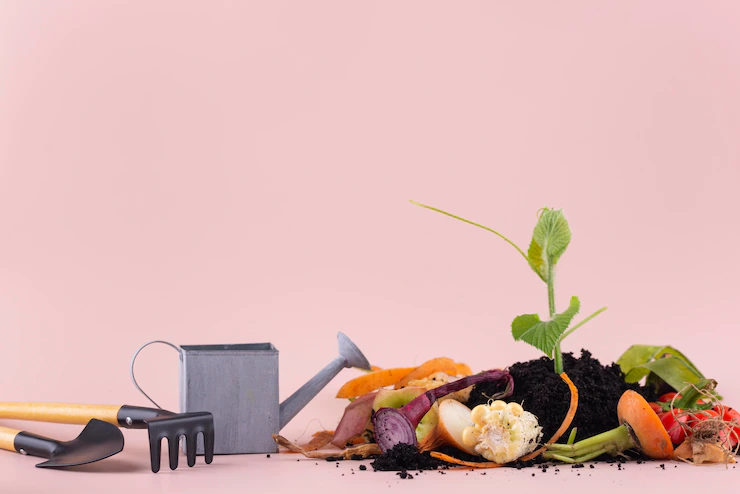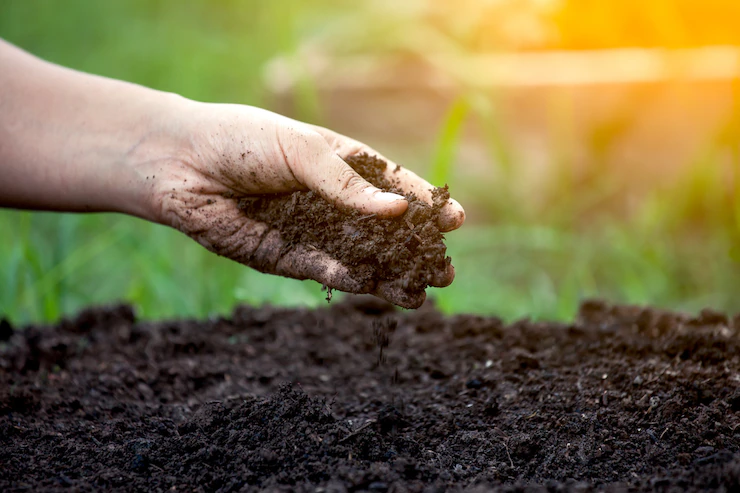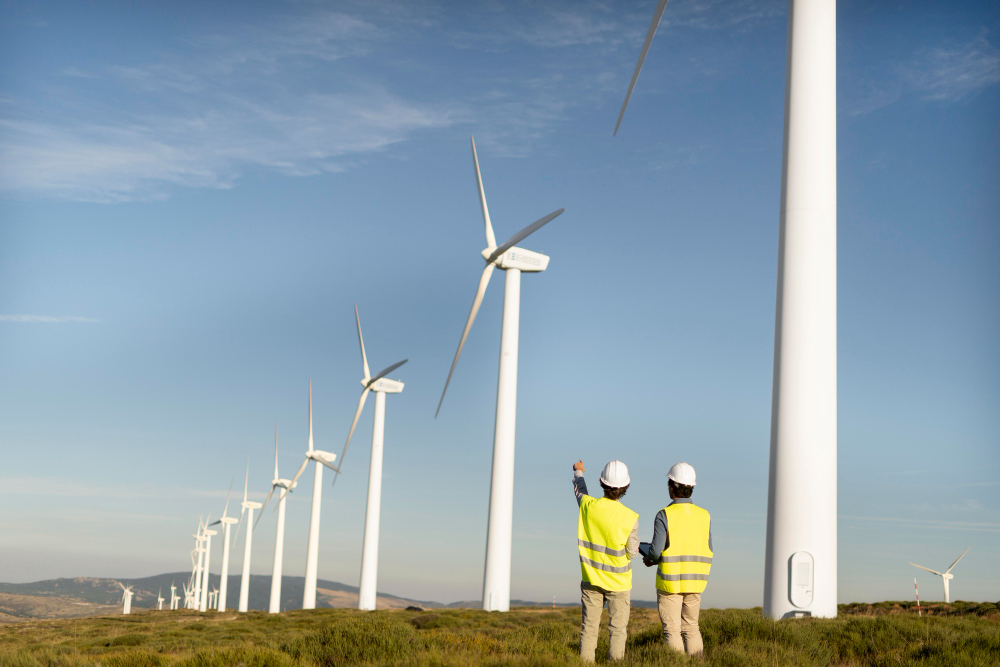Do you love the environment? Do you want to do your part in preserving it? If so, then composting is right for you!
Composting is an easy way to reduce your environmental impact and help make our planet a better place.
Here are eight reasons why you should start composting today!
8 Top Reasons for Starting Composting

1. Composting Saves Money
Composting is a free way to recycle food scraps and other organic waste. You can save money on trash bags, since you’ll produce less garbage, and you may also be able to reduce your water bill, as healthy soil retains moisture better than unhealthy soil.
- It’s good for the environment – Recycling food scraps helps reduce the amount of waste that goes into landfills, and it also helps conserve resources.
- It helps save money – Producing less garbage means a smaller trash bill, and recycling food scraps instead of throwing them away saves water, too.
- It’s healthy for the soil – When food scraps are recycled into compost, it creates healthy soil that can help plants grow better.
2. Composting Reduces Waste
According to the EPA, composting diverted more than 80 million tons of waste from landfills in 2014. That’s the equivalent of diverting the entire populations of California, Texas, New York, Florida, and Illinois from landfills.
Composting is a great way to reduce your impact on the environment and save money on landfill fees. It’s also easy to do! You can compost your kitchen scraps, yard waste, and even some types of paper.
Here are some tips to get started:
- Collect kitchen scraps in a bin or bag. This can include things like fruit and vegetable peels, coffee grounds, and eggshells.
- Add yard waste to your compost pile. This can include leaves, grass clippings, and twigs.
- Shred or tear paper products before adding them to the pile. This will help them break down faster.
- Mix everything together and add water as needed. The mix should be about as moist as a wrung-out sponge.
- Turn the pile every few weeks to aerate it and speed up decomposition.
- Use your finished compost in your garden or landscape! It’s great for plant growth and helps to improve soil health.
3. Composting Decreases Greenhouse Gas Emissions
When organic materials decompose in landfills, they release methane gas into the atmosphere. Methane is a powerful greenhouse gas, and it’s one of the main contributors to climate change. This is where the debate of compostable vs biodegradable material comes into play.
Fortunately, we can help reduce methane emissions by composting our food scraps and other organic waste.
When we compost, it speeds up the decomposition process and helps to break down the organic matter more completely.
This process releases less methane gas into the atmosphere. In addition, composting helps improve the quality of the soil, which can lead to healthier plants and reduced water usage.
Composting is a simple way to help protect our environment and reduce our impact on climate change. By making an effort to compost our organic waste, we can make a big difference to the planet.
4. Composting Strengthens Soil
Compost is a vital source of nutrients for plants. It helps improve soil texture and moisture retention, making it an essential component of any healthy garden.
By adding compost to your soil, you can help your plants grow strong and healthy while reducing the need for fertilizer or pesticides.
In addition, composting helps reduce the amount of organic waste that ends up in landfills. By diverting this waste from landfill sites, we can help to protect our environment and reduce our impact on the planet.

Composting is an easy way to reduce your environmental impact
5. Composting Encourages a Prolific Soil Ecosystem
Composting is a great way to encourage a diverse ecosystem of microorganisms in your soil.
These organisms are essential for breaking down organic matter into usable nutrients for plants. They also help protect plants from disease and pests.
By composting, you are providing a habitat for these beneficial creatures, and they will repay you by helping to keep your plants healthy and strong. So get started composting today, and enjoy the benefits of a thriving soil ecosystem!
6. Reduces the Need for Chemical Fertilizers
Composting reduces the need for chemical fertilizers in two ways.
First, it provides plants with a slow, steady release of nutrients that they can uptake gradually, reducing the need for frequent fertilizer applications.
Second, compost helps to build up the organic matter content of the soil, which improves its ability to retain water and nutrients. This reduced dependence on chemical fertilizers has a number of environmental benefits.
Chemical fertilizers are often made from petroleum products and can contain harmful heavy metals. These pollutants can leach into groundwater or run off into surface water, causing water contamination.
Furthermore, the production and transport of chemical fertilizers create greenhouse gas emissions that contribute to climate change. By composting instead of using chemical fertilizers, we can help to protect our water resources and reduce our impact on the environment.
7. Composting Prevents Soil Erosion
Composting not only reduces the amount of waste that ends up in landfills but also helps to prevent soil erosion. As organic matter breaks down, it helps to bind together loose particles of soil.
This stabilizes the soil and reduces the amount of sediment that can be eroded by wind and water. In addition, compost helps to improve the drainage of heavy soils and increase the infiltration of water into sandy soils.
As a result, compost can play an important role in preventing soil erosion and protecting our natural resources.
8. Composting Increases the Plant Growth
Composting is an excellent way to improve plant growth. It accelerates the decomposition of organic matter, releasing nutrients that are essential for plant growth.
The process of composting also helps to improve soil drainage and aeration, both of which are important for plant root health.
In addition, composting can help to suppress plant diseases and pests. The beneficial bacteria and fungi present in compost help to fight off harmful organisms, promoting a healthy environment for plants to thrive. As a result, composting is an effective way to improve the growth and vitality of plants.
What’s Your Reason?

It’s time to take composting into your own hands and make a difference in your community, your garden, and the environment.
With all of the benefits we’ve listed, what’s stopping you?
Tell us why you want to start composting in the comments below – we can’t wait to hear from you!
Additionals:











